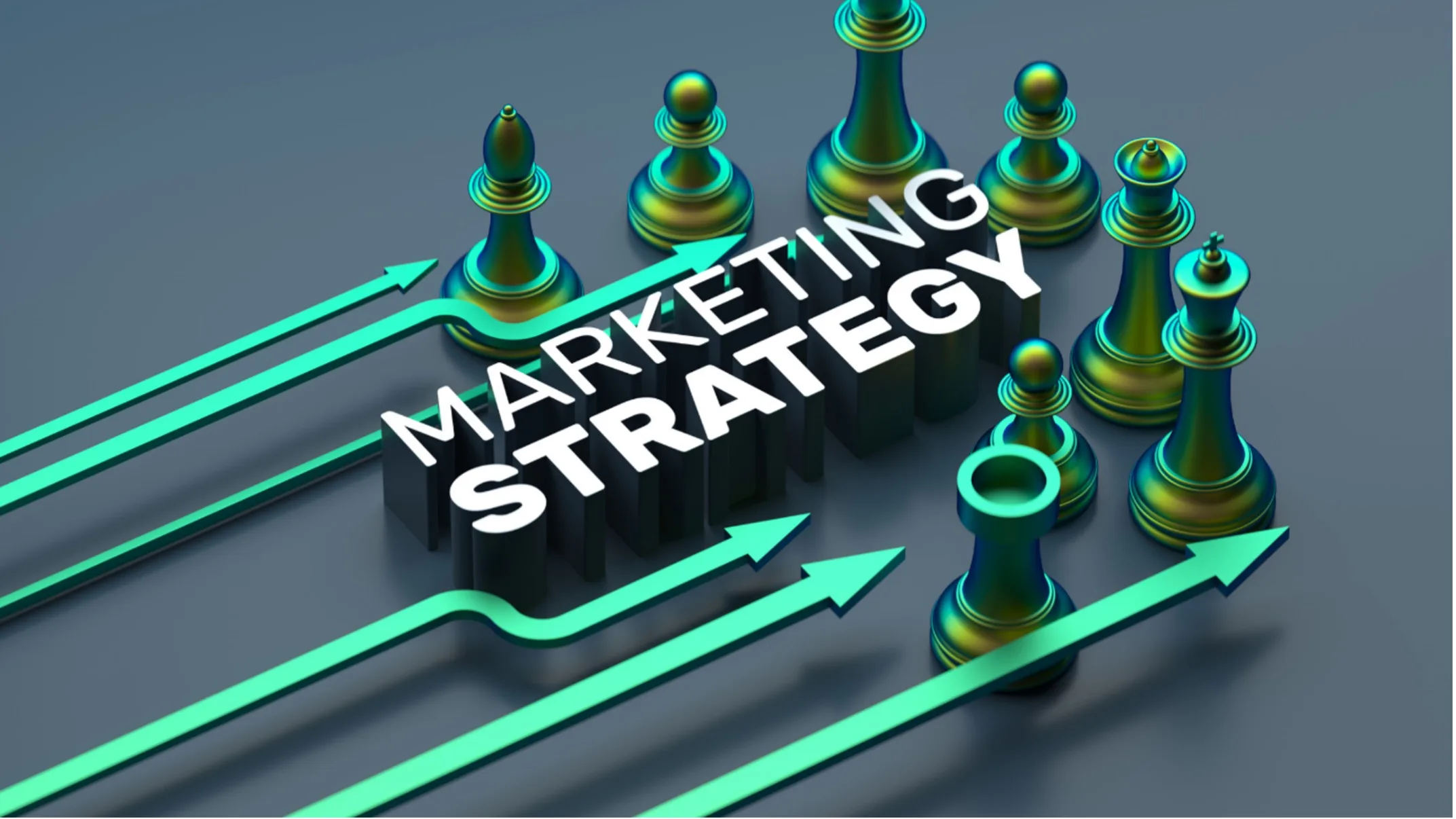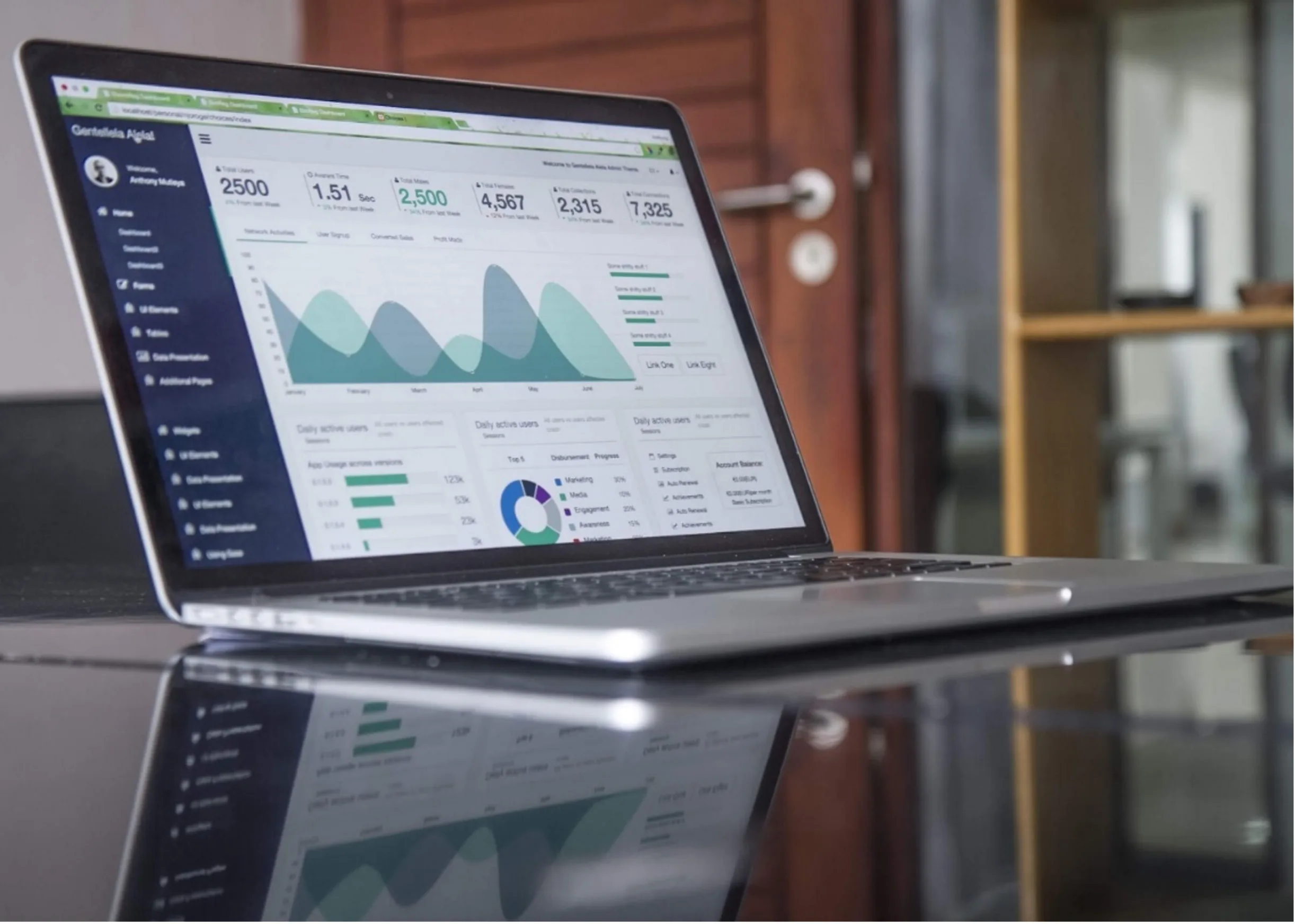Data-driven marketing
With the increasing amount of data available, businesses are using data to inform their marketing strategies and make better decisions. This includes using data analytics to track customer behaviour, website traffic, and social media engagement, as well as using artificial intelligence and machine learning to automate and optimise marketing campaigns. A marketing degree would provide students with the skills needed to analyse and interpret data, as well as use technology to implement data-driven marketing strategies.

What is data-driven marketing?
The strategy of optimising brand messaging based on customer information is known as data-driven marketing. Data-driven marketers use consumer information to forecast their target market’s requirements, wants, and future behaviour. Such knowledge aids in the creation of individualised marketing plans for the greatest return on investment (ROI).
The benefits of data-driven marketing
- Clarity
Marketing professionals can obtain a thorough grasp of their target market by using any information about clients. For instance, insights from Customer Relationship Management (CRM) can improve a marketer’s capacity to forecast consumer behaviour.
- Connections are built
Marketers have the chance to provide 1-on-1 consumer experiences at a very large scale thanks to the sheer volume of data from an almost endless combination of media, devices, platforms, and channels. If these are used skillfully, a company with a vast consumer base can provide an experience that is just as customised as one with only a few customers.
- Marketers will know which channels provide optimal results
Data may indicate more than just the preferences of a target audience. Additionally, it could recommend which platforms a brand should employ to engage its consumers both now and in the future. Such knowledge would then enable them to place the message where their intended audience is or will be in the future.
- Personalisation
Consumers in today’s market are skeptical of generic marketing messaging. Therefore, marketers must concentrate on personalising their experience in order to engage consumers. Using data first provides a comprehensive picture of the target market. It assists in determining the pain spots and triggers of potential clients. Therefore, knowing a consumer’s specific information helps improve brand communications with that customer.

Tools to use when incorporating data in marketing
- Google Analytics
Google Analytics monitors website performance and gives businesses useful information on user activity, engagement, and traffic. By discovering which web pages generate the most traffic, engagement, bounce rates, and purchases, you can use Google Analytics to improve your return on investment. With this knowledge, you have the opportunity to improve your underperforming landing pages and advertise your effective landing pages to boost sales. Google Analytics is free and provides specialised features to support various business kinds.
- HubSpot
This tool gives marketers the chance to optimise their business across a variety of platforms and channels. The HubSpot software aids in the growth of a company by boosting traffic, engagement, sales, and ROI through social media management, landing page optimisation, and website analytics. There are several tools and interfaces you can use to gather data and encourage conversions, and there are five main hubs that are available: the Marketing Hub, Sales Hub, Service Hub, CMS Hub, and Operations Hub. Although HubSpot provides free tools, access to particular “Hubs” is fee-based and depends on the Hub you select and the number of marketing contacts your company has.
A marketing degree will help marketers analyse data
A marketing degree would provide students with the skills needed to analyse and interpret data, as well as use technology to implement data-driven marketing strategies. It enhances and develops data interpretation abilities, and these abilities can be used in careers where generating revenue depends on data, metrics, or client feedback. If you’re a prospective marketer, you should consider applying for the Bachelor of Business Administration (BBA) in Marketing Management at the IMM Graduate School. The IMM BBA in Marketing Management degree will provide students with the variety of skills and knowledge required to analyse data and have a holistic view of marketing and its various touch points.

In Conclusion
Data-driven marketing is one of the most popular marketing techniques but cannot be achieved without the proper education. To analyse and use data, you would need a degree in marketing which would help you to better understand a business’s various facets with the use of effective marketing techniques.
